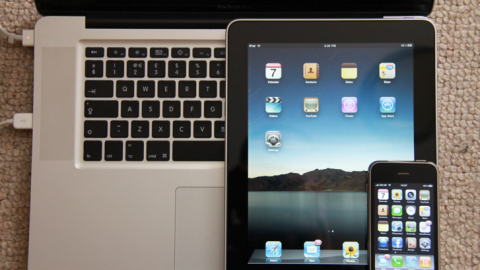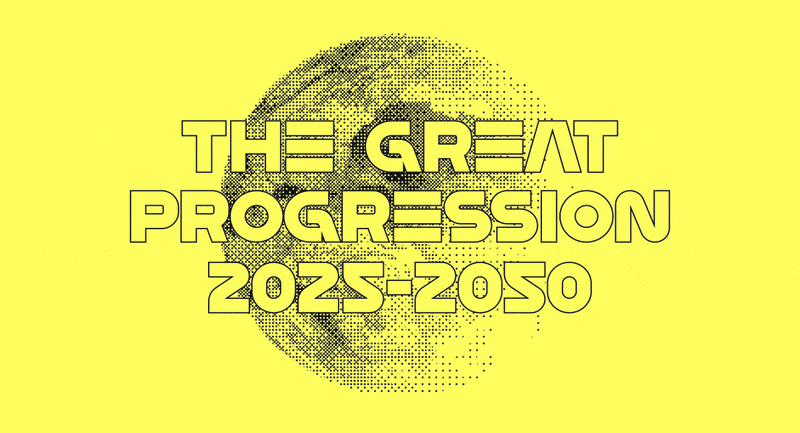Ideology and Ideological Apparatuses

The argument that “we take the internet for granted” may seem like a tired straw man. But perhaps the ideology of the internet could stand a second look.
Maybe we don’t actually understand the extent to which all the hardware and software that allows us to access the web shapes the ways in which we approach our relationship to the internet. The iPad supposedly represents a new form of computing, a new tool to facilitate new modes of working and connecting. And though a lot of that has to do with the novelty of apps as a concept, a lot of it also has to do with what you hold in your hands: the physicality of it. At least that’s what Gizmodo’s Joel Johnson learned when he took his iPad on a reporting trip. He found that the particular form of the device lent itself to his needs in a way that others hadn’t. Or, better said, it allowed him to approach his computing in different ways: “For long typing sessions, I found myself putting the keyboard on my lap while placing the iPad off to the side—sometimes not even in direct eyeshot. For longer writing, there’s a sort of freedom that comes from not even looking at the screen while you type.” Joshua Benton over at Nieman Journalism Lab picked up on this to make the very basic point that “our work tools aren’t invisible.” He suggests that journalists (and I’ll broaden the argument to include anyone who has ever used a computer) can learn important lessons by “being conscious of our tools (and methods, and patterns, and rules), making them visible, and thinking hard about the impact they have on how we do our work.”
But hardware constantly evolves; what of the ethos that undergirds that evolution? Also at the Nieman Lab, Megan Garber pulled out a few choice quotes from a recent debate at the National Press Club. One of the most interesting assertions came from the always-outspoken Andrew Keen, who said “One of the mistakes we make about the Internet is that it’s technology. It isn’t; it’s ideology.” Keen is referring to the fact that the Internet is always referred to as a “democratizing” force, one that gives a platform to a multiplicity of voices and distributes power and authority more evenly than ever before. “The Internet was built by people who questioned authority,” Keen says, and there’s a good point to be made that the original climate in which the Internet’s entrepreneurial spirit flourished has shaped everyone’s understanding of the phenomenon. This is something the editors of n+1 get at when they describe the Internet as a social movement. The editors point out that the philsophy of Silicon Valley, home of the vast majority of the Internet’s early innovators, is perhaps not-so-subtly counter-cultural:
The first business venture of Steve Jobs and Steve Wozniak, the founders of Apple, both college dropouts who grew up in the Silicon Valley town of Cupertino, was to build little circuit boxes to steal long distance service from the phone company in 1976. They sold them in the dorms of nearby universities—for $100 you could get a little circuit breaker and save some money on your long distance bill. Best of all, with this gadget you could stick it to the man.
Apple’s iconic early ads—featuring John and Yoko, Miles Davis and Gandhi, among others—urged everyone to “Think Different.” The web has always been framed in world-changing terms, but very palatable, fuzzy world-changing terms. This ideology has made it seem as if we’re doing great things just by logging on. But maybe we need to rethink how revolutionary this movement really is.
Image courtesy Wikimedia Commons, user Jon Mountjoy.





